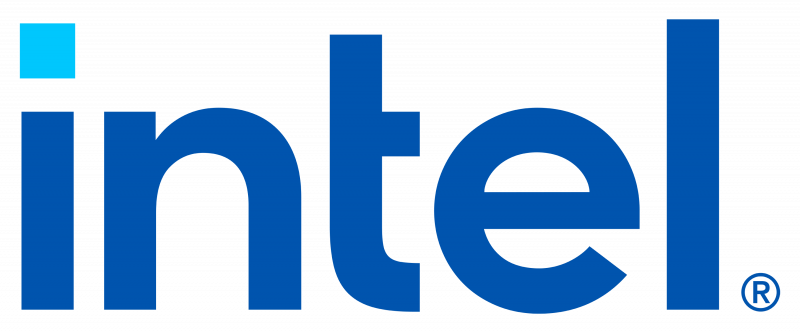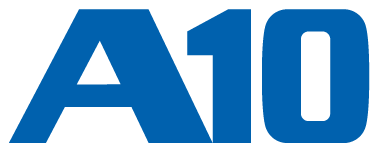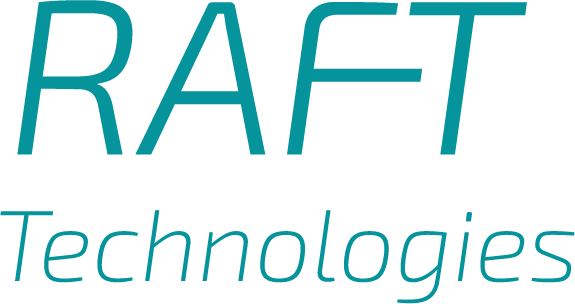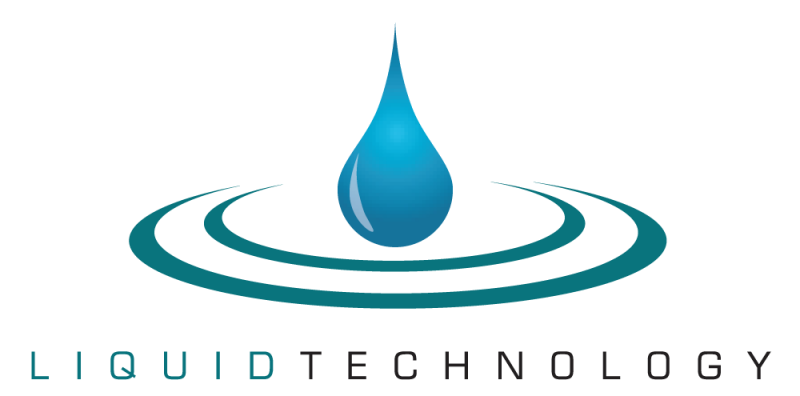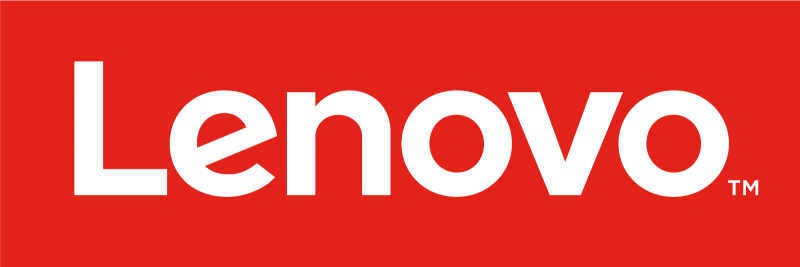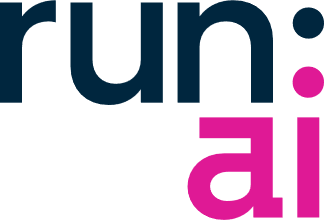STAC Summit, 19 October 2023, NYC
STAC Summits bring together CTOs and other industry leaders responsible for solution architecture, infrastructure engineering, application development, machine learning/deep learning engineering, data engineering, and operational intelligence to discuss important technical challenges in trading and investment.
Agenda
Click on the session titles to view the slides.

STAC Update: Big compute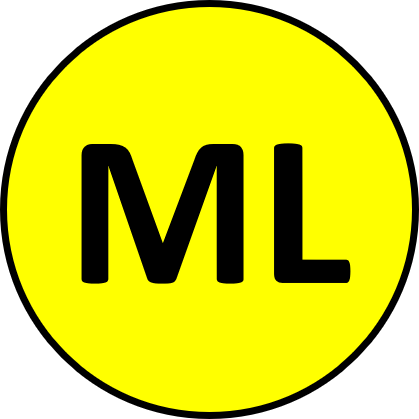  |
|
|
Bishop will present the latest STAC Benchmark Council activities compute critical workloads, including STAC-A2 (complex derivatives risk computation) and an update from the STAC-ML Working Group. |
Innovation Roundup    |
|
| "How to maximize your GPU investment" Jeff Chu, Financial Services Sales, Penguin Solutions |
|
| "Introducing Intel’s discreet GPU’s and ability to co-exist in a heterogeneous environment." Bob Gaines, HPC/ AI Technical Solutions Architect, Intel Corporation |
|
| "Data at Scale: Overcoming Challenges in Generative AI and LLM Development" Keith Miller, VP Technical Sales, Services and Support, DDN |
Building heterogeneous compute pipelines    |
|
|
HPC engineers benefit from the growth of compute options by applying the right compute to the right job. Compute-intensive analytic workloads often string together CPUs, GPUs, FPGAs, and purpose-built silicon, each handling a different stage of a larger compute pipeline. But doing so is far from plug-and-play. Architects, system admins, and developers must worry about efficient IO, shared memory access, and interoperability. Should compute grids follow the cloud's lead and disaggregate storage? Should and can memory follow suit? Can we rely on PCIe, or is the network the interconnect of choice? And how do we avoid re-developing the software and building new operational pipelines whenever we add a new accelerator to the mix? Join our panel of experts as they discuss these questions and more. |
Waste not, want not: Avoiding idle GPUs  |
|
|
Many financial firms are looking to large-scale GPU clusters to meet the demands of compute-hungry AI and HPC workloads in price discovery, portfolio management, and quantitative research. But once they fill the compute gap, a knowledge gap remains. How should system engineers and admins best utilize these enormous investments and avoid the pitfalls that result in poor performance? Troy will help us understand how to ensure high availability and maximize the utilization of expensive computing platforms. Using Penguin's experience bringing a 16k GPU cluster online for Meta, he’ll walk us through some real-life issues encountered and solutions applied. Along the way he’ll cover best practices for designing, building, deploying, and managing large-scale GPU clusters. |
STAC Update: Time series  |
|
|
Peter will present the latest results in STAC-M3 (tick analytics). |
Enforcing the foundation: Improving data lineage   |
|
|
It's no secret that the automation of insights drives forward the financial industry. Both traditional quantitative analysis and newer AI models require a solid data foundation. Data engineers have to build this foundation from an ever-increasing universe of data sets, which come from many sources with varying quality. Even worse, today's data could be corrected tomorrow, next week, or next year. For models to stay stable during rapid innovation, data engineers must properly track, maintain, and leverage the data's lineage. How should they track change sets, version data, and stay synchronized across the enterprise? How should licensing and permissions be taken into account? What are the best practices for maintaining metadata? How do storage architectures impact data lineage solutions? Join our panel of experts and add your questions to the mix. To kick off, some of the panelists provided a short presentation: |
|
| "Mechanics of Low Latency Capture" Michael Lehr, Head of Technology, Low Latency, Refinitiv, an LSEG Business |
|
| "Unleash the revenue of your historical data" Robert Glanzman, Global Strategic Alliances Principal Architect, Financial Services, Pure Storage |
|
| "Using a vector database to unlock the power of your data" Peter Kohler, SVP - Global Head of Presales, KX |
The unbearable heaviness of data: Can modern approaches help?   |
|
|
It's common for data architects and engineers to spend more time managing data than creating value from it. They have to deal with data-hungry end users, capture real-time streams, and manage multiple derivative data sets for historical research. AI adoption is piling on troves of model inputs and outputs that are required for explainability and fine tuning. And hybrid cloud infrastructures mean copies in multiple locations. How can architects and engineers enable new value from data rather than simply managing the inventory? Mark has seen financial firms greatly reduce the burden of data maintenance, allowing technologists to focus on developing data products. Using Dell's experience with an international bank as a guide, he'll show how applying an open data platform, from edge to core to cloud, can reduce data movement, consolidate data intelligently, and allow access to diverse tools and uses, all while keeping data secure. Be sure to bring your questions for Mark as he covers best practices in data modernization and the benefits they can bring. |
STAC Update: Network communications  |
|
|
Peter will present on the latest STAC Benchmark Council activities in network communications, including recent test results on a high frequency radio link and benchmark development activities for cloud networking. |
Encrypting our markets: The impact of security on high-performance infrastructures |
|
|
Security has become a key component of the systemic risk conversation. Market oversight groups are discussing encrypted connections, and at least one exchange has rolled them out. Encryption can provide a layer of protection, helping prevent threats from moving horizontally through financial systems. But our markets benefit from high-performance, low-friction connectivity. What conflicts can arise when security meets market access? Our panel of experts will discuss how to solve for security without exacerbating other tech risks. They'll dive into important aspects, including what concerns motivate a desire for higher security, what should be in scope, the impact on performance, and how to maintain network-based risk, compliance, and data monitoring systems when encryption is a must. Bring your questions and join us to explore the impact of encryption on market connectivity. |
STAC Update: Fast data |
|
|
Peter will discuss the latest test results for STAC-N1 (full stack networking). |
Talent shortages in hardware verification: Can ML plug the gaps?  |
|
|
As discussed at recent STAC Summits, financial firms suffer from a lack of verification engineers. They can achieve significant latency gains with properly designed and implemented hardware solutions, but a shortage of experienced, skilled personnel causes painful lead times and uncomfortable prioritization decisions. Adam thinks that, given the proper setup, advances in ML can provide some relief by increasing the productivity of current staff. He'll dive into tasks that grind on an engineer's time—like regression optimization, failure triage analysis, and bug localization—and explain how ML can ease the burden. Bring your questions and join him as he discusses using ML to accelerate your FPGA and ASIC verification. |
Designing the right hardware stack for FPGA  |
|
|
FGPAs are a go-to component for firms looking to improve their latencies, whether by getting strategies as close to the network as possible or offloading critical workflows from the CPU. But as the best engineers know, FPGAs are but one component of the custom hardware stack that affects performance. Given recent and upcoming changes in that stack, designing the best systems requires answering a number of questions. How do on-board HBM3E and tiering impact memory-intensive applications? Do PCIe 5 and CXL change how we think about accessing compute, memory, and storage? Will new designs that pair ASIC with FPGA open new latency possibilities, and what can we achieve with programmable switches? What's the state of the art with FPGA sharing a fabric with CPU and other compute accelerators? Join our panel of experts as they explore these questions and yours. To kick off, there were some brief presentations: |
|
| "Trade Smarter and Trade Faster with the New AMD FPGA accelerator for Ultra-Low Latency Trading" Hamid Reza Salehi, Director Product Marketing, AMD |
|
| "Arista 7130 Update: Ultra Low Latency 25G" Darrin Machay, Principal Engineer, Arista |
About STAC Events & Meetings
STAC events bring together CTOs and other industry leaders responsible for solution architecture, infrastructure engineering, application development, machine learning/deep learning engineering, data engineering, and operational intelligence to discuss important technical challenges in financial services.
 |
 |
 |
|---|---|---|
Event Resources
Speakers
 Rich BrownData Management Executive
Rich BrownData Management Executive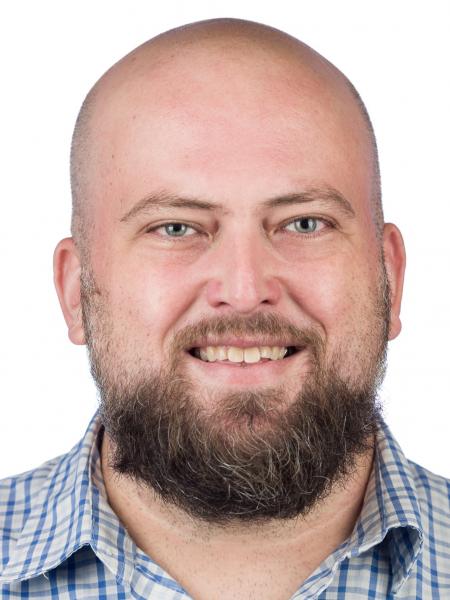 Nick LangeMorgan Stanley
Nick LangeMorgan Stanley
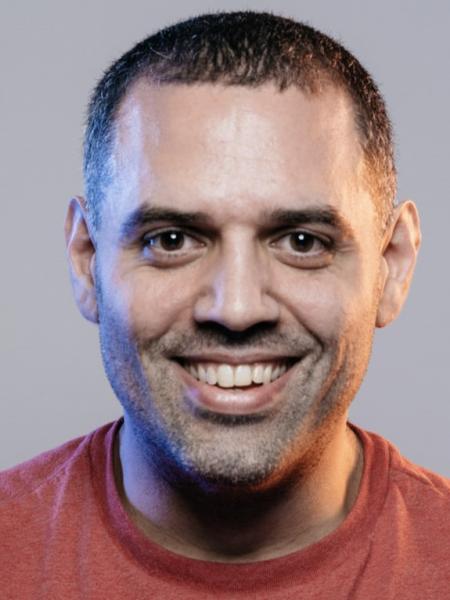 Ramon GonzalezIEX
Ramon GonzalezIEX Tom CrimiQuantbot Technologies
Tom CrimiQuantbot Technologies
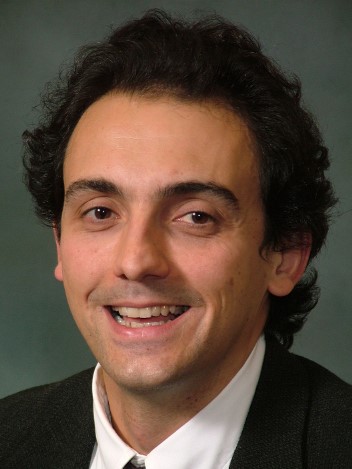 Dr. Luca CarloniColumbia University
Dr. Luca CarloniColumbia University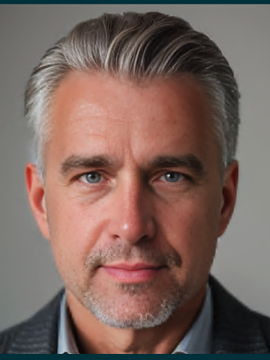 Troy KasterPenguin Solutions
Troy KasterPenguin Solutions
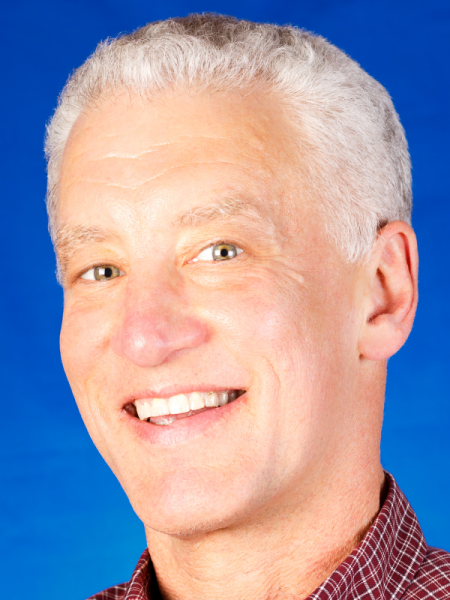 David CohenIntel Corporation
David CohenIntel Corporation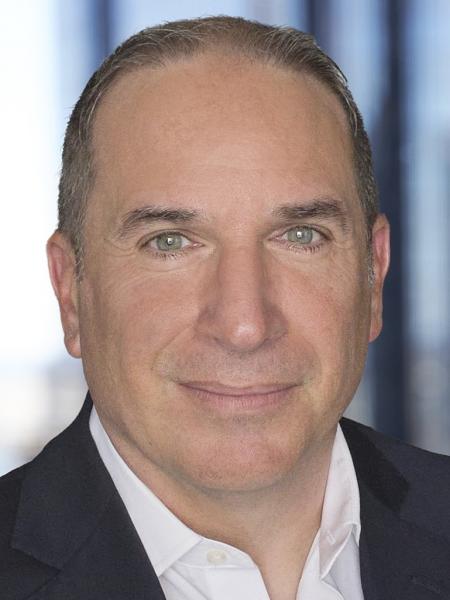 Mark GuerreraDell Technologies
Mark GuerreraDell Technologies
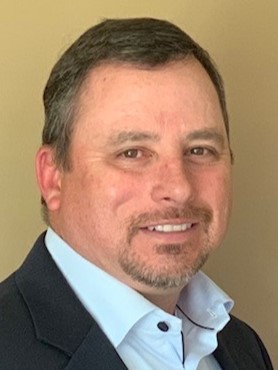 Robert DeWittAMD
Robert DeWittAMD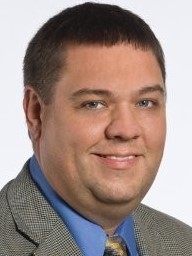 Keith MillerDDN
Keith MillerDDN
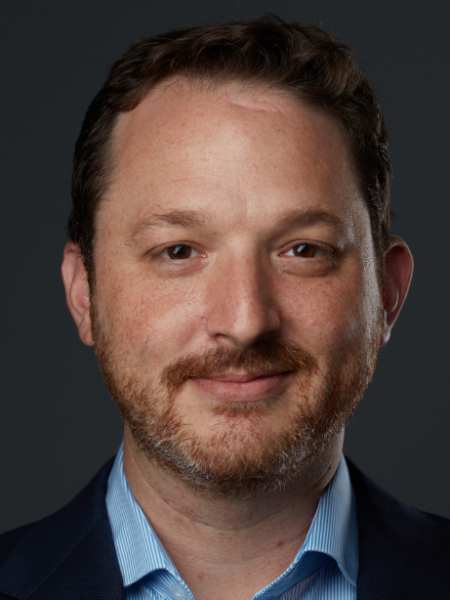 Michael LehrRefinitiv, an LSEG Business
Michael LehrRefinitiv, an LSEG Business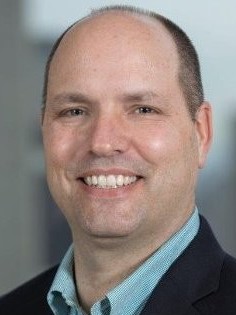 Peter KohlerKX
Peter KohlerKX
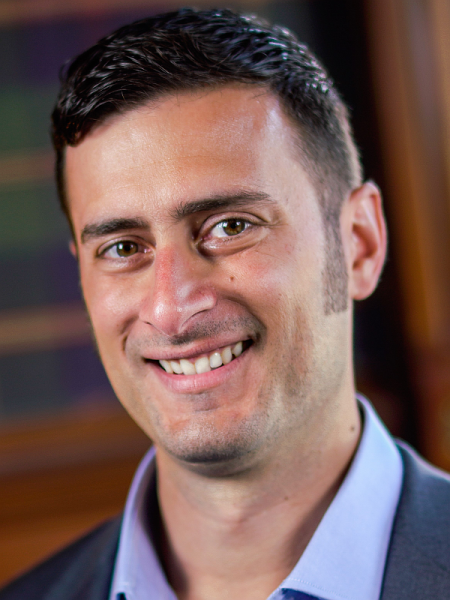 Mike GalimeKeysight Technologies
Mike GalimeKeysight Technologies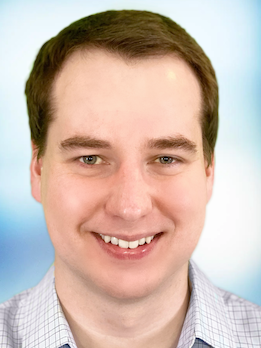 Darrin MachayArista
Darrin MachayArista
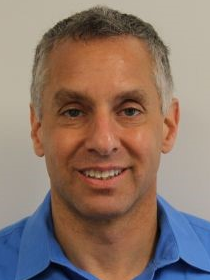 Adam ShererCadence
Adam ShererCadence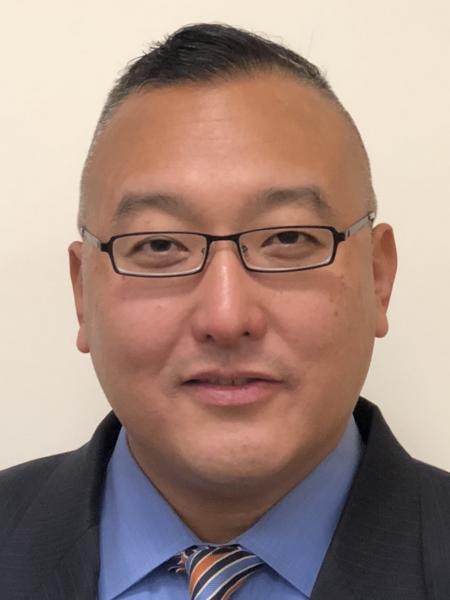 Jeff ChuPenguin Solutions
Jeff ChuPenguin Solutions
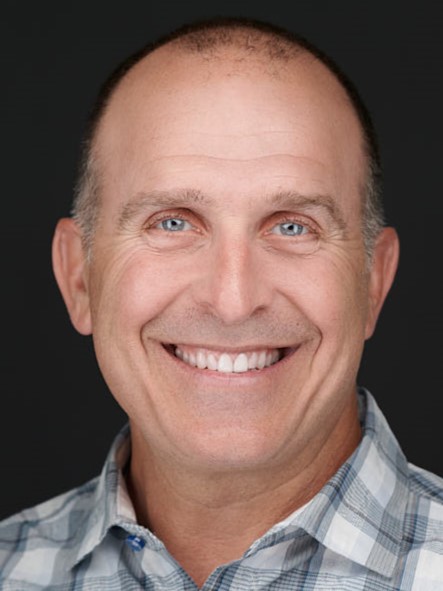 Tom SpencerIntel Corporation
Tom SpencerIntel Corporation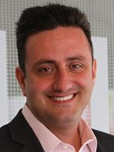 Hamid Reza SalehiAMD
Hamid Reza SalehiAMD
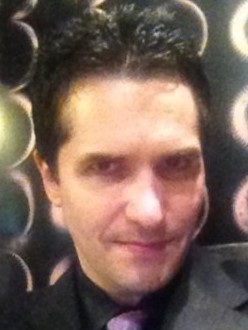 Rob GlanzmanPure Storage
Rob GlanzmanPure Storage Dave ClackAdaptive
Dave ClackAdaptive
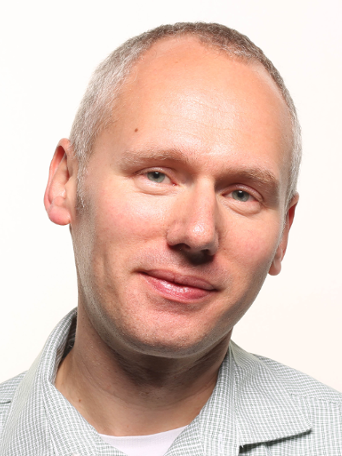 Matthew CretneyBeeks Group
Matthew CretneyBeeks Group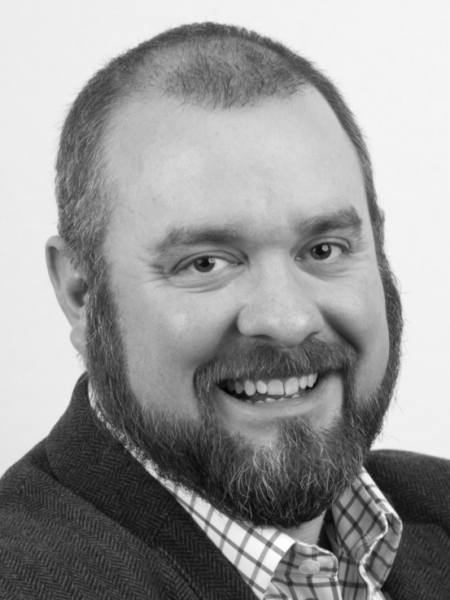 Ciaran KennedySafran
Ciaran KennedySafran
 Liz CorriganMyrtle.ai
Liz CorriganMyrtle.ai Cliff MaddoxNovaSparks
Cliff MaddoxNovaSparks
 Jean-François GagnonOrthogone
Jean-François GagnonOrthogone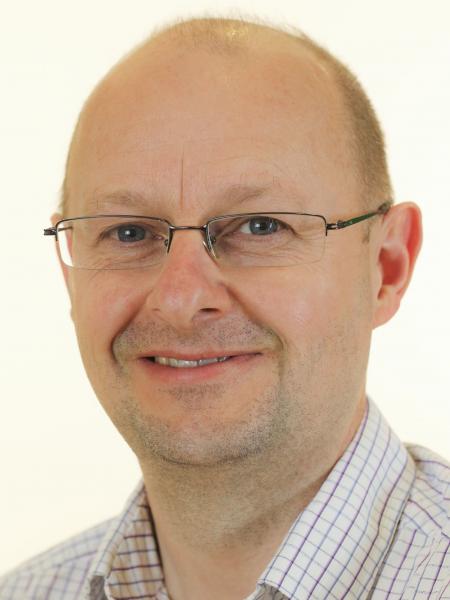 Chris PorthouseSalience Labs
Chris PorthouseSalience Labs
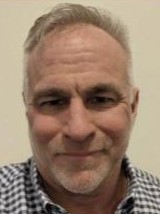 Martin RoweSiemens
Martin RoweSiemens Seth FriedmanLiquid-Markets-Solutions
Seth FriedmanLiquid-Markets-Solutions
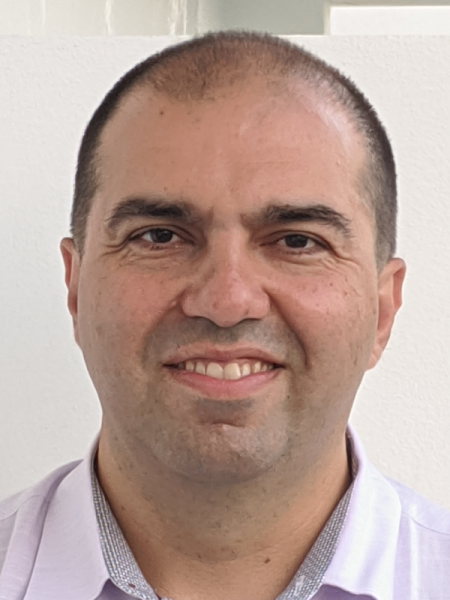 Vahan SardaryanLDA Technologies
Vahan SardaryanLDA Technologies Laurent de BarryExegy
Laurent de BarryExegy


 Vito ChiarellaKioxia
Vito ChiarellaKioxia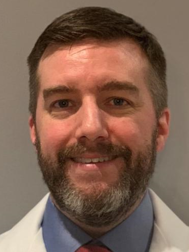 Peter NabichtSTAC
Peter NabichtSTAC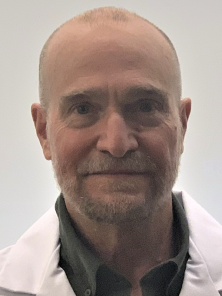 Bishop BrockSTAC
Bishop BrockSTAC
